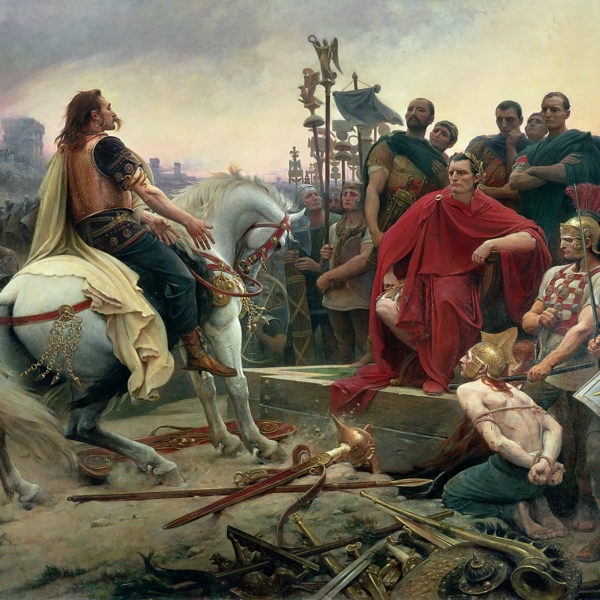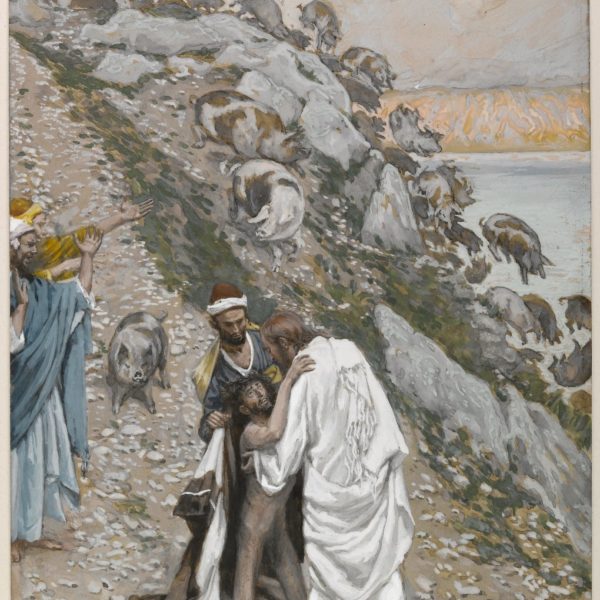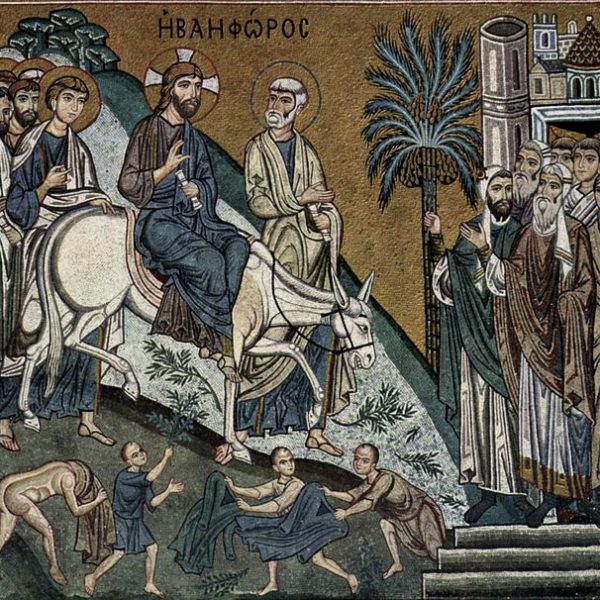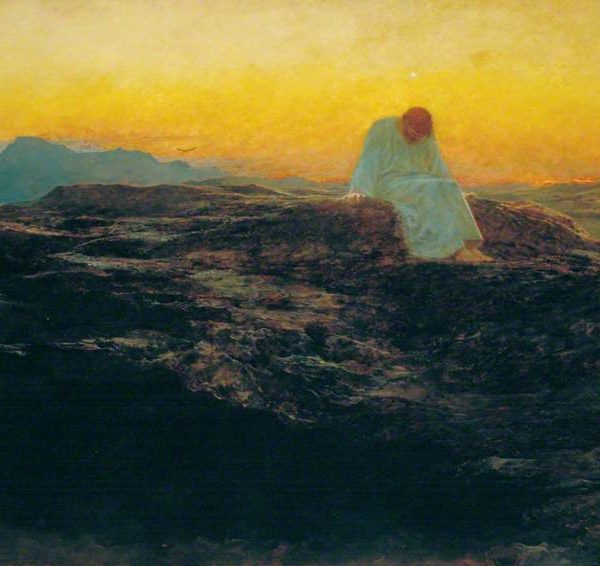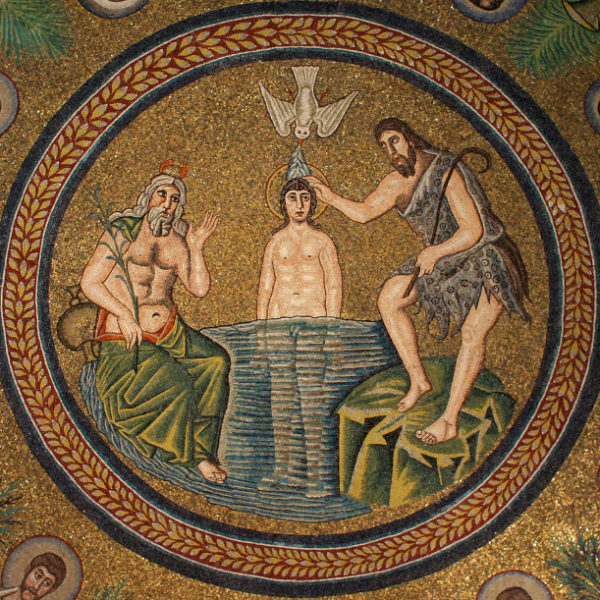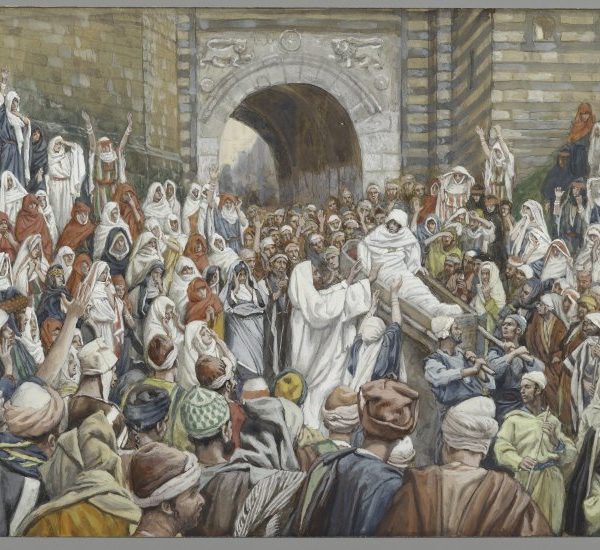
When a large crowd of admirers met a large crowd of mourners, Jesus noticed the widow, a political act of directing attention to one whose life was most imperiled. Followers of Christ would do well to do the same.
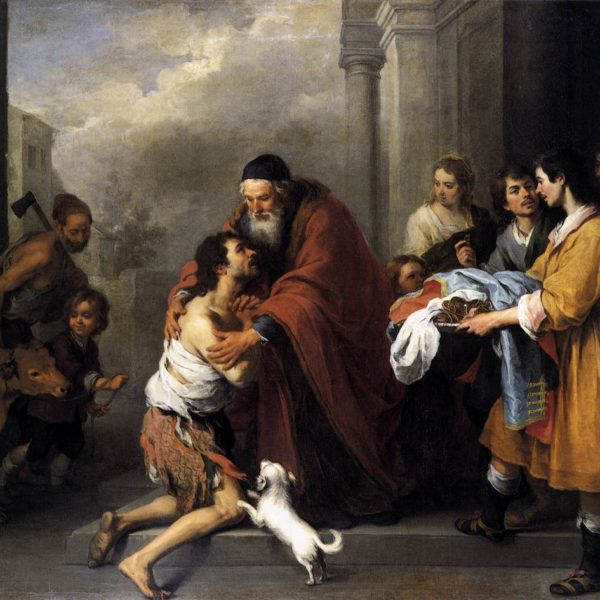
Although the parable is typically referred to as that of ‘the Prodigal Son’, the son who receives the father’s welcome has long since fallen from his state of prodigal living into one of the most abject poverty and lack. This father’s loving embrace challenges us to consider our provision of welfare and welcome to those in need among us, irrespective of how ‘deserving’ we might suppose them to be.
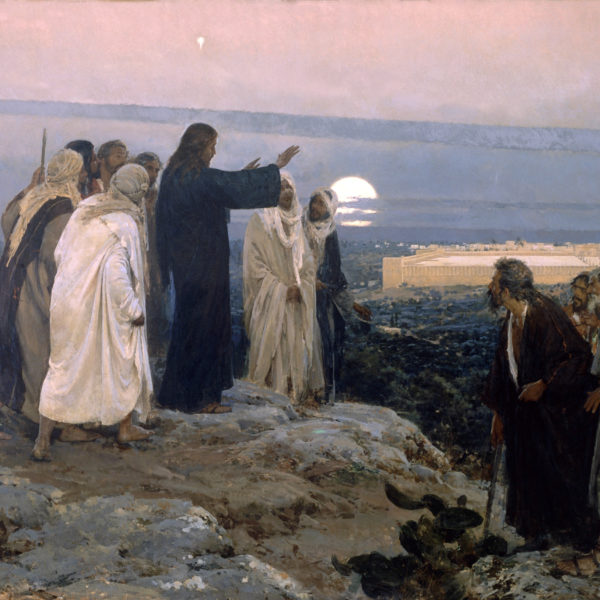
Jesus’ entry into Jerusalem, his trial, suffering, death, and resurrection, bring into full circle his journey to Jerusalem that was not shaped by Herod’s murderous threat but by his redemptive obedience to God’s will.
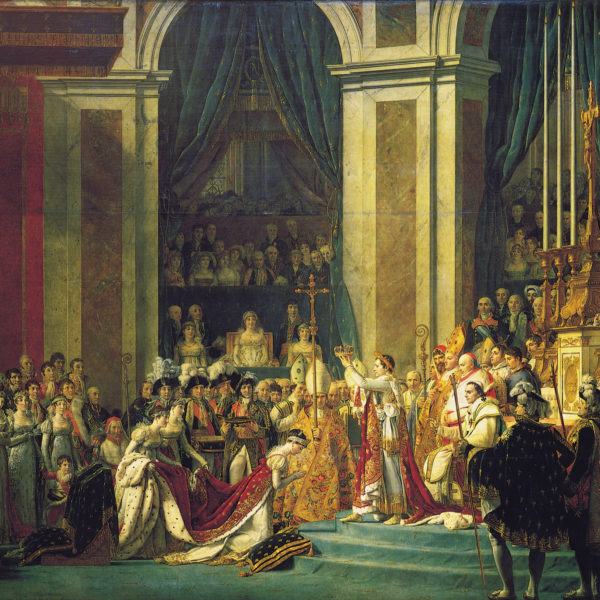
Spectacle has always played an important role in establishing power, authority, and sovereignty. In the unity of the dazzling body of the Transfiguration and the brutalized body of the crucifixion, the integrity of the spectacle and that which lies beneath is made known and our own polities’ lack of such integrity is challenged.
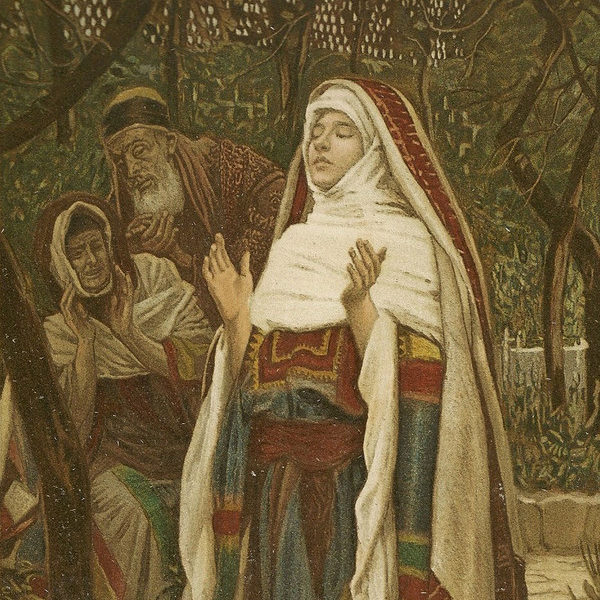
In the incarnation of Jesus, all our systems of social stratification—all our means of exploiting, oppressing, and humiliating one another—are revealed to be lies. Mary expresses a ‘Christmas revolution’ in her Magnificat, a vision for a radically different way of living decisively ushered in by God’s becoming one of us in Christ.
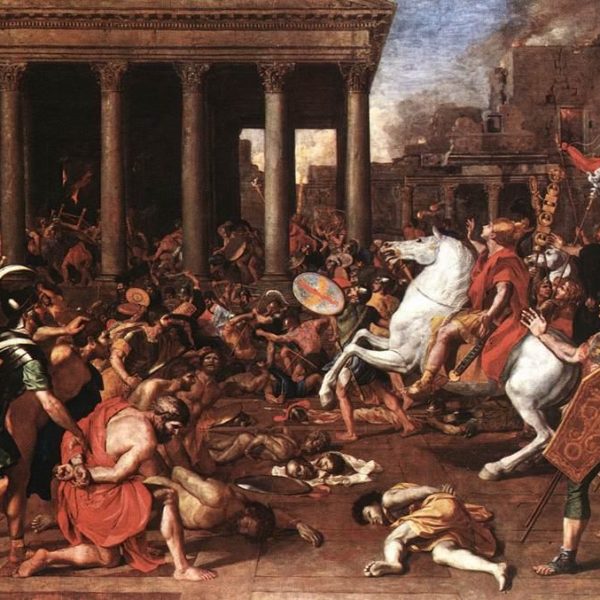
Jesus teaches his disciples the meaning of waiting in a faithful manner. Keeping watch for God’s work within the world requires avoidance of distraction and a desperate faithfulness.
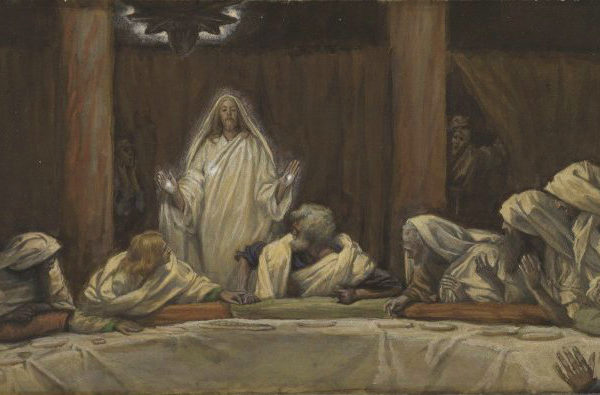
The law is a dying and rising reality, not a dead letter etched in stone. Through the hermeneutics of resurrection words once consigned to the grave of the past burst with liberating and life-giving force upon an unsuspecting world.
